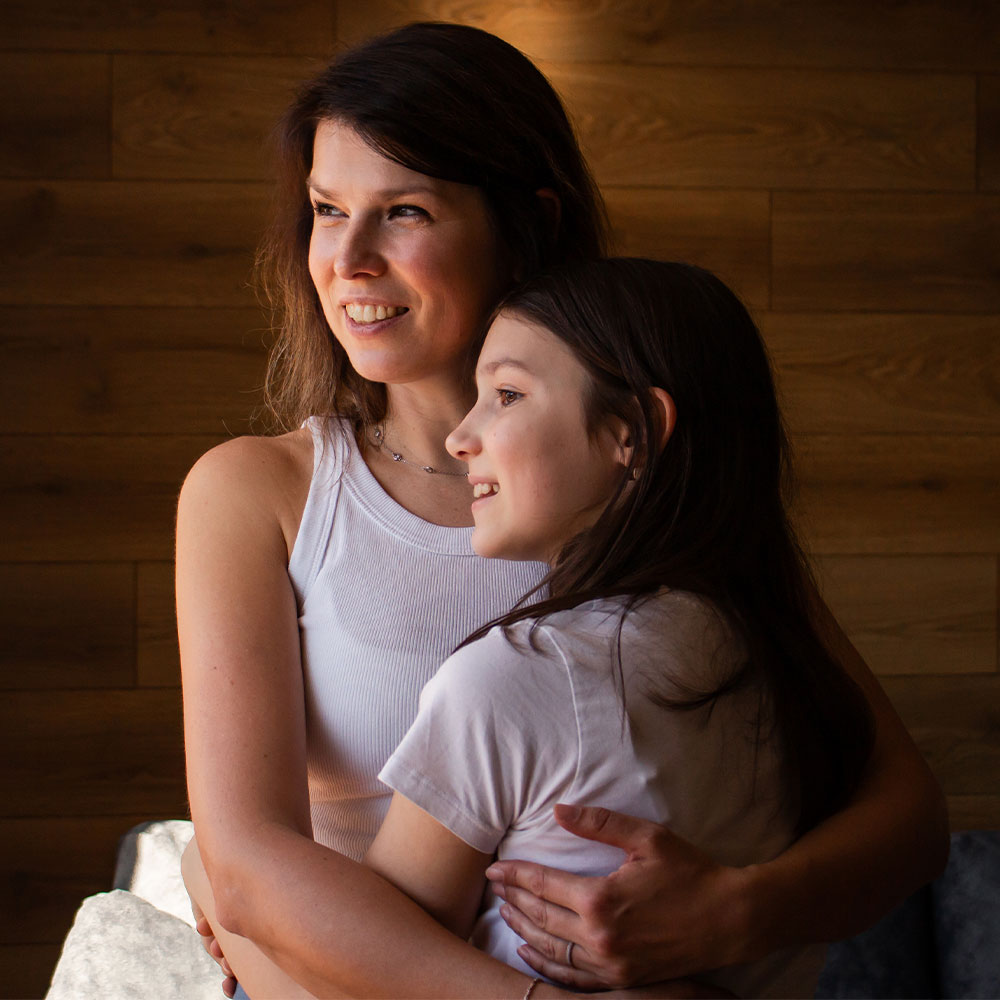Parenting requires emotional competencies to be developed by both the parent and the child. The process of developing these emotional skills is allocated to the adults with whom the child resides, lives and plays. Emotions are the natural currency of growth and maturity – for every exchange of emotional experience will come the allocation of credits in the piggy bank, or internal resources. If we oer our children an abundance of pleasant and stable emotions to “bank”, they learn that their world is secure. If we oer our children repeated unpleasant and destabilising emotions, they learn that their world is insecure.
How can families support children manage their emotions?
Emotions are core to human experience and fundamental to the development of mental tness and prosocial development from birth to adulthood. They play a signicant role in the development of coping and optimising life’s journeys, yet they remain intangible and elusive due to the impact they have on our physiology, given they are invisible and only identifiable through behaviour or expression.
We can’t see the emotions in our body but we can certainly feel them, especially when they present themselves strongly. They can cause serious disruption to a calm state, they can interfere with being serene, they can be painfully spiking when we can’t gain control, and they can be hurtful when we least expect it. For children, as for some adults, this can be an overwhelming experience which causes considerable discomfort, that we don’t want to experience that again. Our minds link the experience of the emotion to the event which caused the emotion; logically we avoid the emotion by avoiding any re-experiencing of that event. Welcome to avoidance behaviour.








